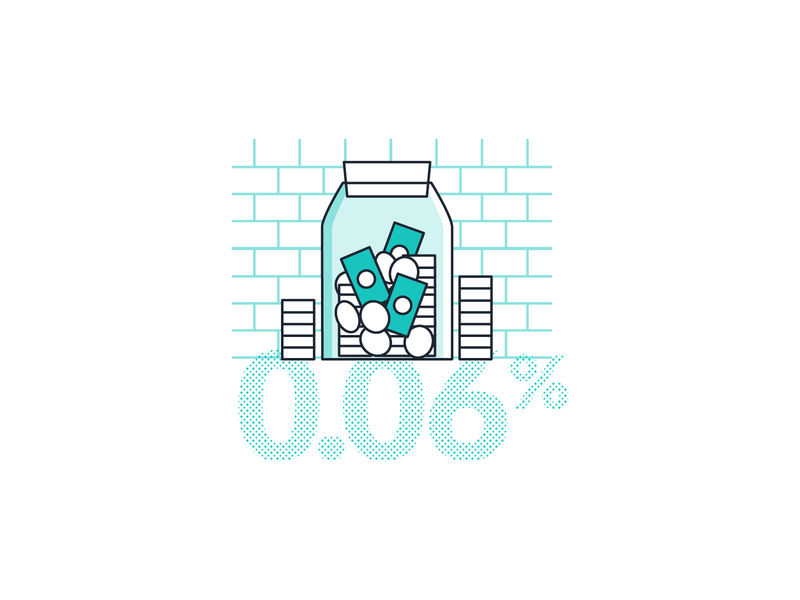The Effects Of Stopping Working To Fulfill Efficiency Bond Commitments
The Effects Of Stopping Working To Fulfill Efficiency Bond Commitments
Blog Article
bonds made simple -
When a guaranty concerns an efficiency bond, it ensures that the principal (the party who purchases the bond) will certainly fulfill their responsibilities under the bond's terms. If the principal fails to fulfill these obligations and defaults on the bond, the surety is accountable for covering any losses or damages that result.
1. Loss of credibility: Defaulting on an efficiency bond can damage the principal's online reputation and credibility, making it more challenging to protect future business or funding.
2. Legal and administrative costs: The guaranty may require to pay legal and administrative expenses connected with pursuing the principal for damages or trying to correct the situation.
3. Monetary losses: The surety may need to cover the expense of finishing the task or providing the services that the principal failed to supply. This can cause substantial economic losses for the guaranty.
4. Raised costs: If the principal has a history of back-pedaling performance bonds, they might be needed to pay higher costs in the future to get the necessary bonding.
On the whole, back-pedaling a performance bond can have severe monetary repercussions for both the principal and the surety. It is very important for principals to very carefully consider their commitments and ensure they are able to satisfy the terms of the bond to avoid these negative outcomes.
Back-pedaling a performance bond can be a costly error for services. When you fail to satisfy the bond's commitments, the financial consequences can be substantial. From paying the full bond amount to potential legal fights and damaged partnerships, the effects can resound throughout your organization procedures. Comprehending the intricate internet of economic effects that defaulting on a performance bond can have is essential for protecting your company's economic wellness and credibility.
Financial Penalties for Defaulting
If you default on a performance bond, you'll likely deal with significant punitive damages. These fines can vary depending on the terms of the bond agreement but commonly include paying the bond amount in full to the obligee. This indicates that if you fall short to satisfy your contractual responsibilities, you have to pay the bond total up to the task proprietor or the entity that called for the bond.
Furthermore, you may likewise be in charge of any type of added costs incurred by the obligee due to your default, such as finding a replacement contractor or covering task delays.
Defaulting on a performance bond can also cause lawful costs and court costs if the obligee decides to take legal action against you to recoup the bond amount. These expenses can rapidly accumulate, further aggravating the economic impact of your default. It's essential to thoroughly review and understand the terms of the efficiency bond to avoid these severe financial penalties.
Influence On Company Cash Flow
Back-pedaling an efficiency bond can significantly affect your business capital, impacting economic security and functional capacities. When you back-pedal a performance bond, you take the chance of losing the bond quantity, which can be a substantial sum. This loss directly affects your capital, as you'll require to discover alternative resources of funding to cover the bond quantity. Additionally, failing can cause raised analysis from sureties, making it tougher and more costly to safeguard bonds in the future. This can better strain your cash flow as you may need to allot added sources to satisfy bonding demands.
The impact on your cash flow does not quit there. Defaulting on an efficiency bond can additionally result in task hold-ups or cancellations, resulting in a loss of profits. Furthermore, over at this website that features failing can deter possible clients, even more reducing your cash flow. Generally, defaulting on an efficiency bond can have damaging results on your business's monetary wellness and capacity to run efficiently.
Legal Ramifications and Claims
Dealing with legal implications and possible legal actions due to back-pedaling an efficiency bond can significantly impact your business's online reputation and financial standing. When you back-pedal a performance bond, the surety business may take lawsuit to recuperate the bond quantity paid out. This might lead to costly legal charges, court expenditures, and potential negotiations or judgments versus your organization.
In addition, defaulting on a performance bond might cause damaged connections with customers, subcontractors, and providers, affecting your capability to protect future contracts. Claims occurring from bond defaults can stain your company's reputation in the industry, making it challenging to bring in new companions or consumers.
Furthermore, if the default leads to a court judgment versus your service, it might lead to asset seizure or liens, even more straining your monetary stability. As a result, it's vital to recognize the lawful implications of defaulting on a performance bond and take positive actions to minimize the risks entailed.
Conclusion
As you deal with the repercussions of back-pedaling a performance bond, remember this: it resembles walking a tightrope without a safety net. One wrong move can send you dropping right into a financial freefall, without way to stop the fall.
The punitive damages, cash flow influence, and legal ramifications are all waiting to capture you if you blunder. So walk carefully, and always honor your commitments to avoid the rough effects of default.
